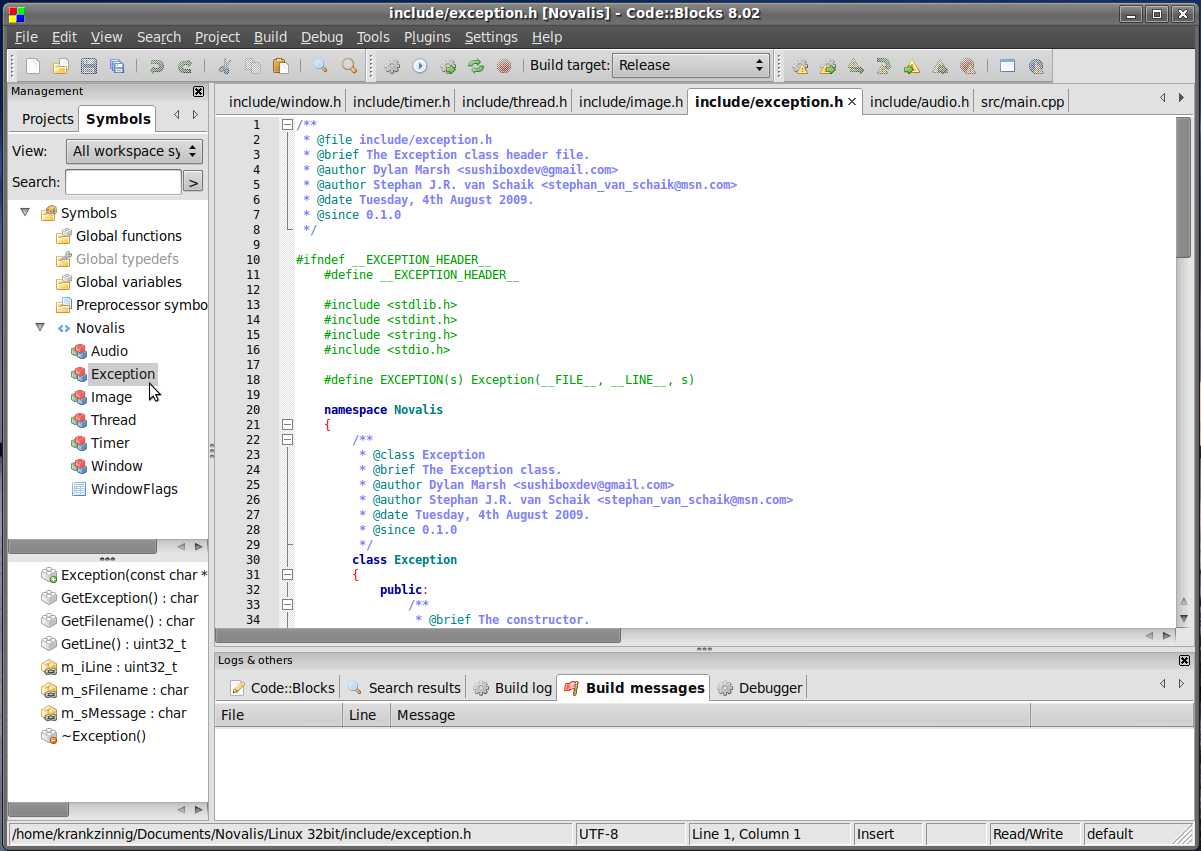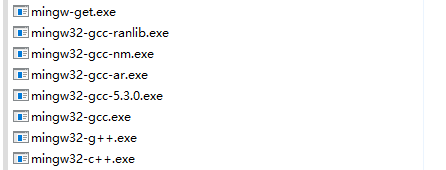

- #Simply fortran vs code blocks mac os x
- #Simply fortran vs code blocks install
- #Simply fortran vs code blocks full
- #Simply fortran vs code blocks software
- #Simply fortran vs code blocks download
Install Windows Subsystem for Linux and then use the links on that same page to install your Linux distribution of choice. To successfully complete this tutorial, you must do the following steps: If you have any problems, feel free to file an issue for this tutorial in the VS Code documentation repository. For those subjects, there are many good resources available on the Web. This tutorial does not teach you about GCC or Linux or the C++ language. For more background, see VS Code Remote Development.Īfter completing this tutorial, you will be ready to create and configure your own C++ project, and to explore the VS Code documentation for further information about its many features. We recommend this mode of WSL development, where all your source code files, in addition to the compiler, are hosted on the Linux distro.

Visual Studio Code has support for working directly in WSL with the WSL extension. Note: Much of this tutorial is applicable to working with C++ and VS Code directly on a Linux machine.

WSL is a Linux environment within Windows that runs directly on the machine hardware, not in a virtual machine. GCC stands for GNU Compiler Collection GDB is the GNU debugger. In this tutorial, you will configure Visual Studio Code to use the GCC C++ compiler (g++) and GDB debugger on Ubuntu in the Windows Subsystem for Linux (WSL).
#Simply fortran vs code blocks full
The Code::Blocks debugger has full breakpoint support. The code editor supports font and font size selection and personalized syntax highlighting colours. The IDE features syntax highlighting and code folding (through its Scintilla editor component), C++ code completion, class browser, a hex editor and many other utilities. A plug-in system is included to support other programming languages. Although the IDE was designed for the C++ language, there is some support for other languages, including Fortran and D. Features Compilers Ĭode::Blocks supports multiple compilers, including GCC, MinGW, Digital Mars, Microsoft Visual C++, Borland C++, LLVM Clang, Watcom, LCC and the Intel C++ compiler. Jennic Limited distributes a version of Code::Blocks customized to work with its microcontrollers.
#Simply fortran vs code blocks software
In April 2020, a critical software vulnerability was found in the Code::Blocks IDE v17.12, identified by CVE-2020-10814.
#Simply fortran vs code blocks download
Version 20.03 is the latest stable release however for the most up-to-date version the user can download the relatively stable nightly build or download the source code from SVN. The versioning scheme was changed to that of Ubuntu, with the major and minor number representing the year and month of the release. The first stable release was on February 28, 2008, with the version number changed to 8.02. Instead, there were nightly builds of the latest SVN version made available on a daily basis.
#Simply fortran vs code blocks mac os x
The latest binary provided for macOS version is 13.12 released on 6 (compatible with Mac OS X 10.6 and later), but more recent versions can be compiled and MacPorts supplies version 17.12.Īfter releasing two release candidate versions, 1.0rc1 on Jand 1.0rc2 on October 25, 2005, instead of making a final release, the project developers started adding many new features, with the final release being repeatedly postponed. It has a custom build system and optional Make support.Ĭode::Blocks is being developed for Windows and Linux and has been ported to FreeBSD, OpenBSD and Solaris. Using a plugin architecture, its capabilities and features are defined by the provided plugins.Ĭurrently, Code::Blocks is oriented towards C, C++, and Fortran.

It is developed in C++ using wxWidgets as the GUI toolkit. net /p /codeblocks /code /trunkĬode::Blocks is a free, open-source cross-platform IDE that supports multiple compilers including GCC, Clang and Visual C++.


 0 kommentar(er)
0 kommentar(er)
